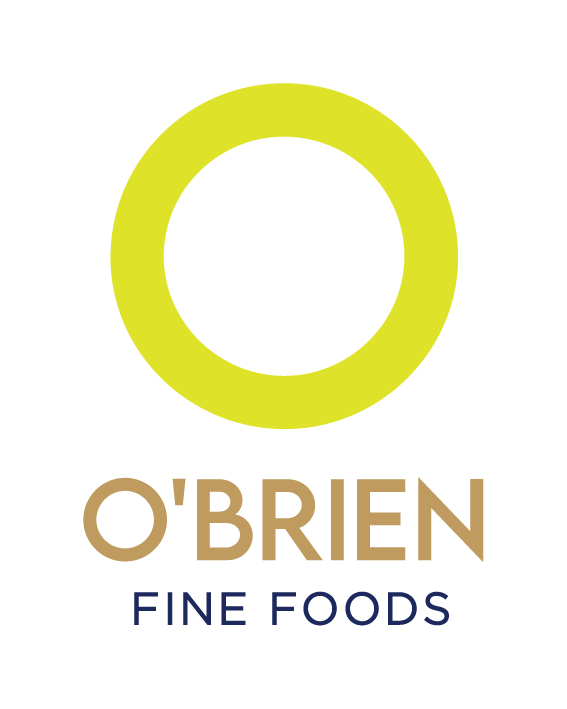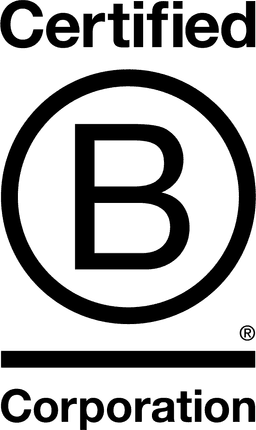

O'Brien Fine Foods

County Kildare, Ireland
February 2023
Food products
Manufacturing
Ireland
At O'Brien Fine Foods, we specialise in the production of premium meats. We are the leading cooked meats producer on the island of Ireland, with a growing international presence. Our Purpose sits at the very heart of our organisation and is key to helping us to achieve our goal of ‘Bringing Better Quality Food to everyone, every day’, under the three pillars of Better Sourced, Better Made and Better for You. As a family run business, we operate under our values of care, commitment, and trust, always striving to do the right thing by all our stakeholders. We see transparency as a key step in our sustainability journey and we aim to improve this year on year through setting best practice commitments, such as our science-based targets and reporting on all our impacts. Being a valued member of our communities is important to us and we aim to achieve this through initiatives such as our employee volunteering programme and our sponsorship of local sports organisations and charities. Like most businesses we still have a lot to do, but B Corp is a key part of our journey towards ensuring that we are continually pushing the boundaries and setting a high standard, as we look to be a more responsible and sustainable business.
Overall B Impact Score
Governance 15.7
Governance evaluates a company's overall mission, engagement around its social/environmental impact, ethics, and transparency. This section also evaluates the ability of a company to protect their mission and formally consider stakeholders in decision making through their corporate structure (e.g. benefit corporation) or corporate governing documents.
What is this? A company with an Impact Business Model is intentionally designed to create a specific positive outcome for one of its stakeholders - such as workers, community, environment, or customers.
Workers 18.9
Workers evaluates a company’s contributions to its employees’ financial security, health & safety, wellness, career development, and engagement & satisfaction. In addition, this section recognizes business models designed to benefit workers, such as companies that are at least 40% owned by non-executive employees and those that have workforce development programs to support individuals with barriers to employment.
Community 19.6
Community evaluates a company’s engagement with and impact on the communities in which it operates, hires from, and sources from. Topics include diversity, equity & inclusion, economic impact, civic engagement, charitable giving, and supply chain management. In addition, this section recognizes business models that are designed to address specific community-oriented problems, such as poverty alleviation through fair trade sourcing or distribution via microenterprises, producer cooperative models, locally focused economic development, and formal charitable giving commitments.
Environment 23.1
Environment evaluates a company’s overall environmental management practices as well as its impact on the air, climate, water, land, and biodiversity. This includes the direct impact of a company’s operations and, when applicable its supply chain and distribution channels. This section also recognizes companies with environmentally innovative production processes and those that sell products or services that have a positive environmental impact. Some examples might include products and services that create renewable energy, reduce consumption or waste, conserve land or wildlife, provide less toxic alternatives to the market, or educate people about environmental problems.
Customers 3.5
Customers evaluates a company’s stewardship of its customers through the quality of its products and services, ethical marketing, data privacy and security, and feedback channels. In addition, this section recognizes products or services that are designed to address a particular social problem for or through its customers, such as health or educational products, arts & media products, serving underserved customers/clients, and services that improve the social impact of other businesses or organizations.